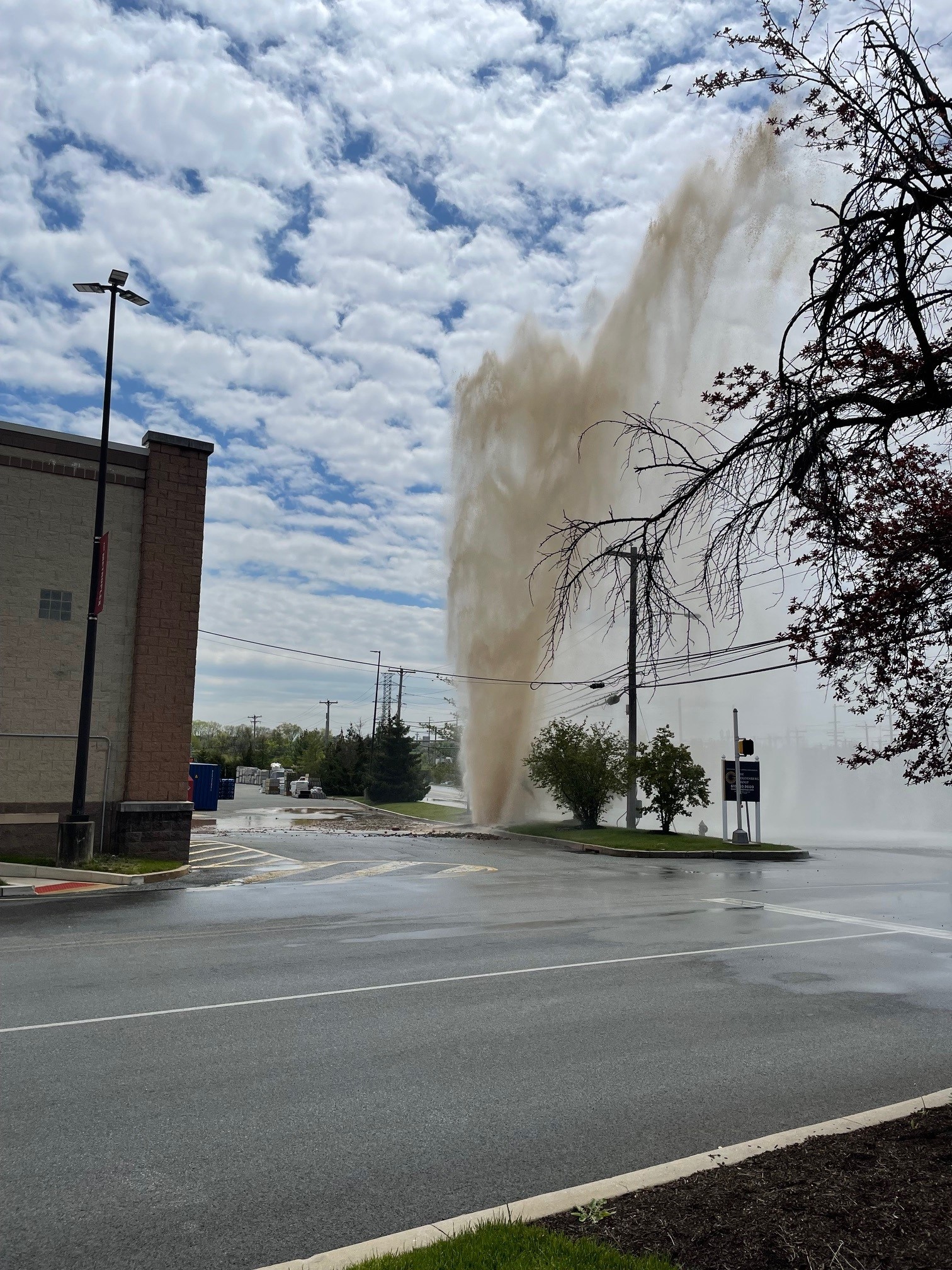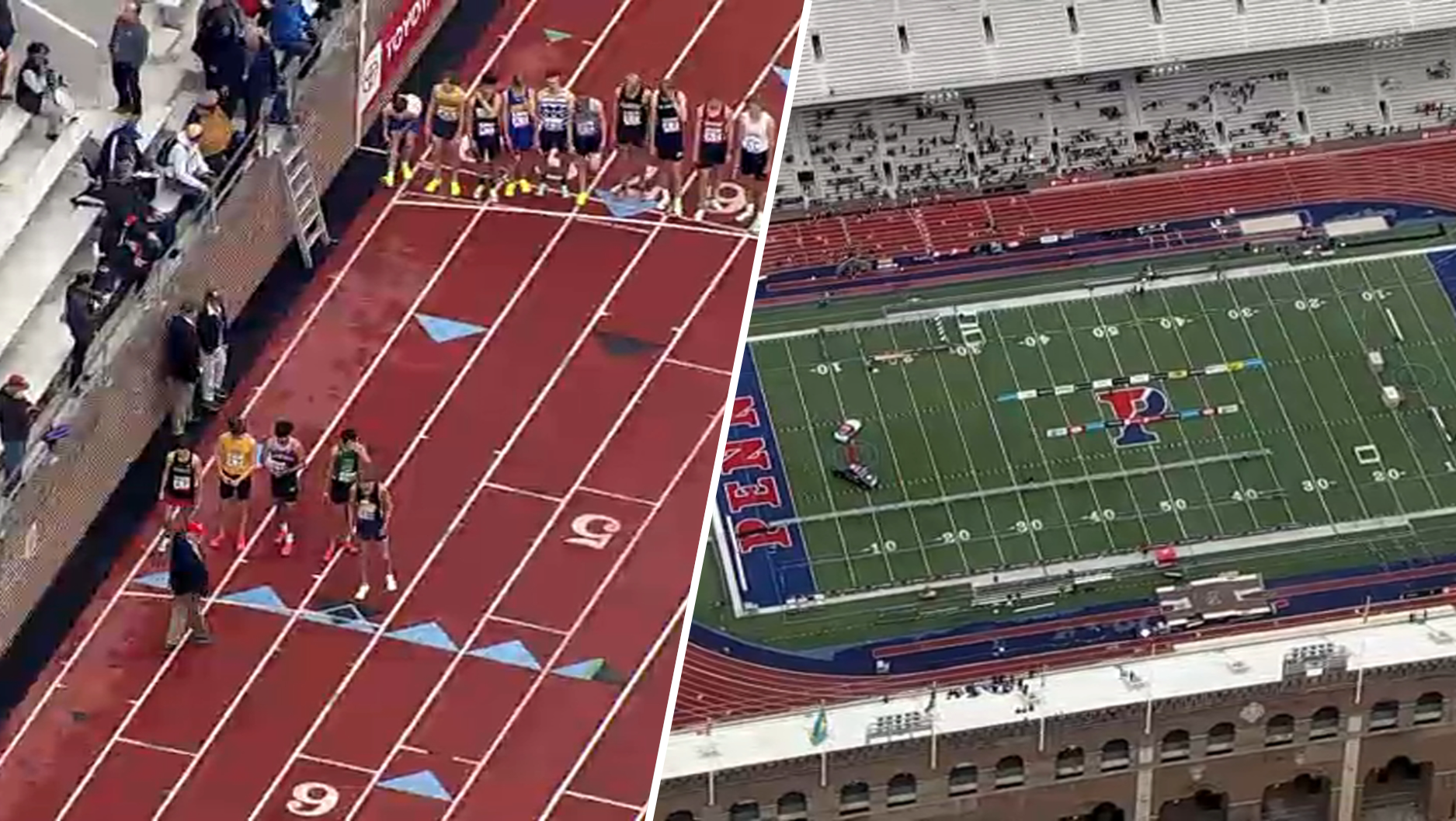Growing up in the 1970s, Charles Chidester would often find old rail spikes from the abandoned Northern Electric trolley line that bisected the family farm.
Dairy cows grazed over the right-of-way that hadn't seen a trolley car since 1931. In places, the rail bed stretched under a lush tunnel of trees that young Charles would walk to get around Brooklyn Twp.
"We thought it was ours," he told The Scranton Times-Tribune.
The families of several property owners have used the forgotten rail bed for generations. But an heir to the old Northern Electric trolley line was eventually found: PPL Electric Corp.
PPL officials didn't even know the company owned the old rail line that once carried passengers from Scranton to Tiffany Corners, just west of Montrose. Cabot Oil & Gas Inc. untangled the mystery of the rail right-of-way last year as it sought to sign mineral leases with landowners. A savvy title searcher had a hunch that the missing link in the ownership chain may have been misfiled in Wyoming County. It was.
PPL's ownership of the former Northern Electric is clear, but whether it can convince a court to affirm that ownership over competing claims is not as clear.
News broke when mineral rights owners looked over changes to one of the most important financial documents they will ever receive: The Pooling and Unitization Declaration which spells out the number of acres they and others own and the share of royalties they will receive. Those who thought they owned a piece of the former Northern Electric land have seen their piece of the land and royalty pie shrink.
Local
Breaking news and the stories that matter to your neighborhood.
As word spread, attorneys throughout the area got anxious calls from royalty owners, said attorney Charles Wage, whose office is within a stone's throw of the former Northern Electric rail bed.
The royalties earned for that land are being set aside for now, in anticipation of a legal showdown.
When ownership of land or mineral rights is in dispute, the gas company typically escrows the royalties, said Cabot spokesman George Stark, until ownership is settled.
"We have to do our work properly, identify the correct owner and pay the right person," he said. 'When that's not clear, we put the money aside."
How much is an acre worth in royalties? According to a MarcellusGas.org, under a standard one-eighth royalty agreement, a well that produces 4 billion cubic feet of natural gas with a wellhead price of $2.86 per thousand cubic feet will yield $25,000 of royalties per acre over the well's lifetime. In Susquehanna County, where wells are surprisingly productive, the result could be several times that. Cabot estimated ultimate recovery from an average Marcellus well is 13.9 billion cubic feet.
PPL officials were as surprised by the news of their heirship as anyone.
Cabot contacted the utility in December, asking to lease mineral rights on 132 acres in Hop Bottom, Lathrop, Brooklyn and Bridgewater.
PPL said it didn't own any land there. But Cabot established PPL's ownership by piecing together predecessor companies and deeds dating back decades. PPL officials quickly became familiar with the pitch of natural gas exploration companies.
"We wanted to hire outside counsel to calculate the value of the mineral rights and research the issue, but Cabot said we can't do that," said PPL Spokesman Michael Wood . "They said the lease price is what it is; they needed it by mid-December or they would suck the gas out from under our land and we'd get nothing."
Some property owners with PPL land on their hands were lulled into a false sense of security because they or their predecessors had taken ownership of the abandoned land through adverse possession, or "quiet titling," a process that allows an interested party to take land if owners of the land can't or won't assert their right to the property. Those quiet titles, if they do not name the correct owner, may be void.
Because of the break in the ownership data in Susquehanna County, very few quiet titles will stand up, said Marion O'Malley a Montrose attorney, representing a client in Hop Bottom whose land was bisected by the rail line.
"People are saying, 'I quieted the title. I'm fine,' but they are not," she said. "Those titles didn't name the proper legal entity, the owner, and in my legal opinion, they are void."
On a recent drive around and along the Northern Electric line, Mr. Chidester shows where the tree-lined raised trail transforms into a private access road to a quarry. Follow it and it dissolves into a residential lot and cuts through a driveway before re-emerging before a road crossing. Most disturbingly, a private home and a bluestone mill are built on top of the rail right-of-way. The owners of all of those, like Mr. Chidester and his parents, have been paying property taxes for decades on land that is no longer theirs.
"All these people all assumed they owned the land," he said. "They have houses, businesses, and now PPL claims it."
Everything will have to be re-litigated, said William "Chip" Mackrides, a Pennsylvania State Bar Association real estate expert in Media, Delaware County. Many of Susquehanna County residents have a shot at being successful, he said.
"If they have taken care of the property for more than 21 years and asserted ownership interest, PPL may not matter," he said. "If PPL has not recognized its ownership and not maintained the land, it will lose. If you don't know a property is yours and allow someone else to treat it as their own, you do so at your peril."
He predicts PPL will surrender surface rights in exchange for mineral rights. But when property equals royalties the table is set for a legal fight.
Wage said the cases should be combined and attorneys working for landowners should join forces to challenge PPL's newfound interest in the land. PPL's strategy begins at kitchen tables, not the courthouse. Mr. Wood said PPL officials hope to meet with property owners.
Chidester's family acreage shrunk by 1.4 acres, the amount of land the Northern Electric takes up as it crosses the family farm.
"There is no way I'm giving up my right to cross that property — it's mine," he said. "PPL may want the gas, but I'm not going to give it to them."
Chidester thinks about the conservative estimates of lifetime potential royalties: $25,000 and $30,000 per acre. That's not an amount he or others are willing to walk away from.



